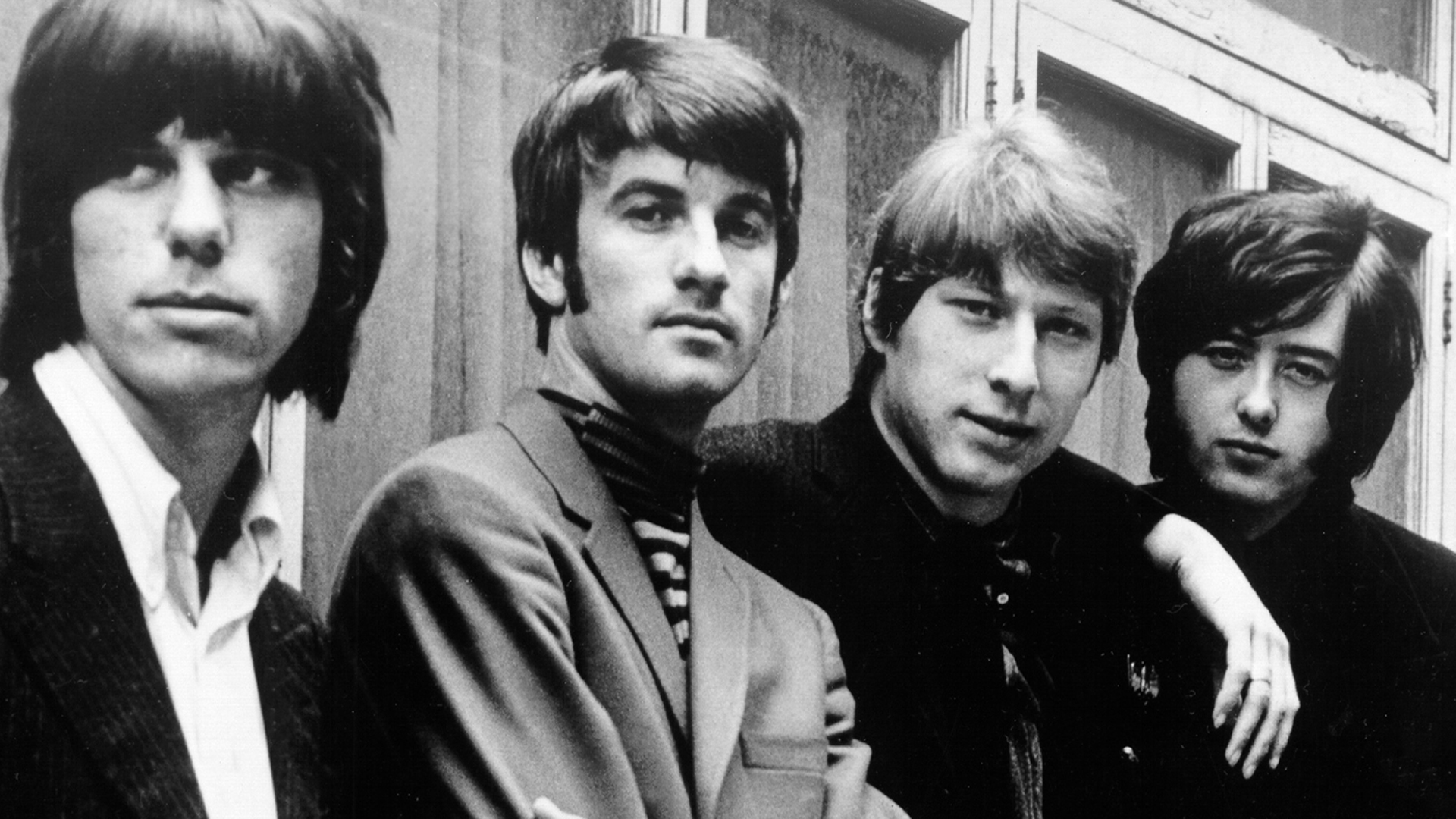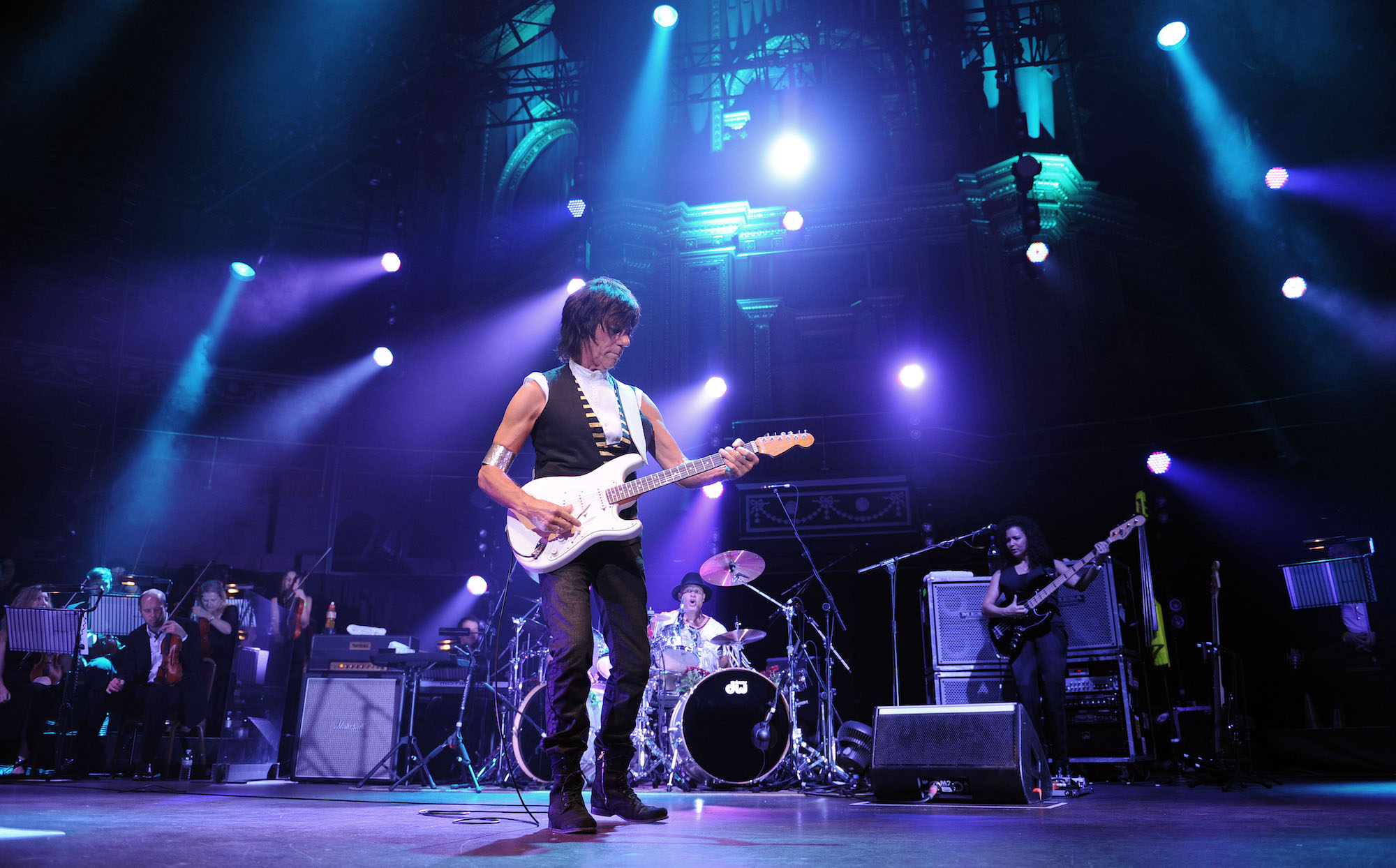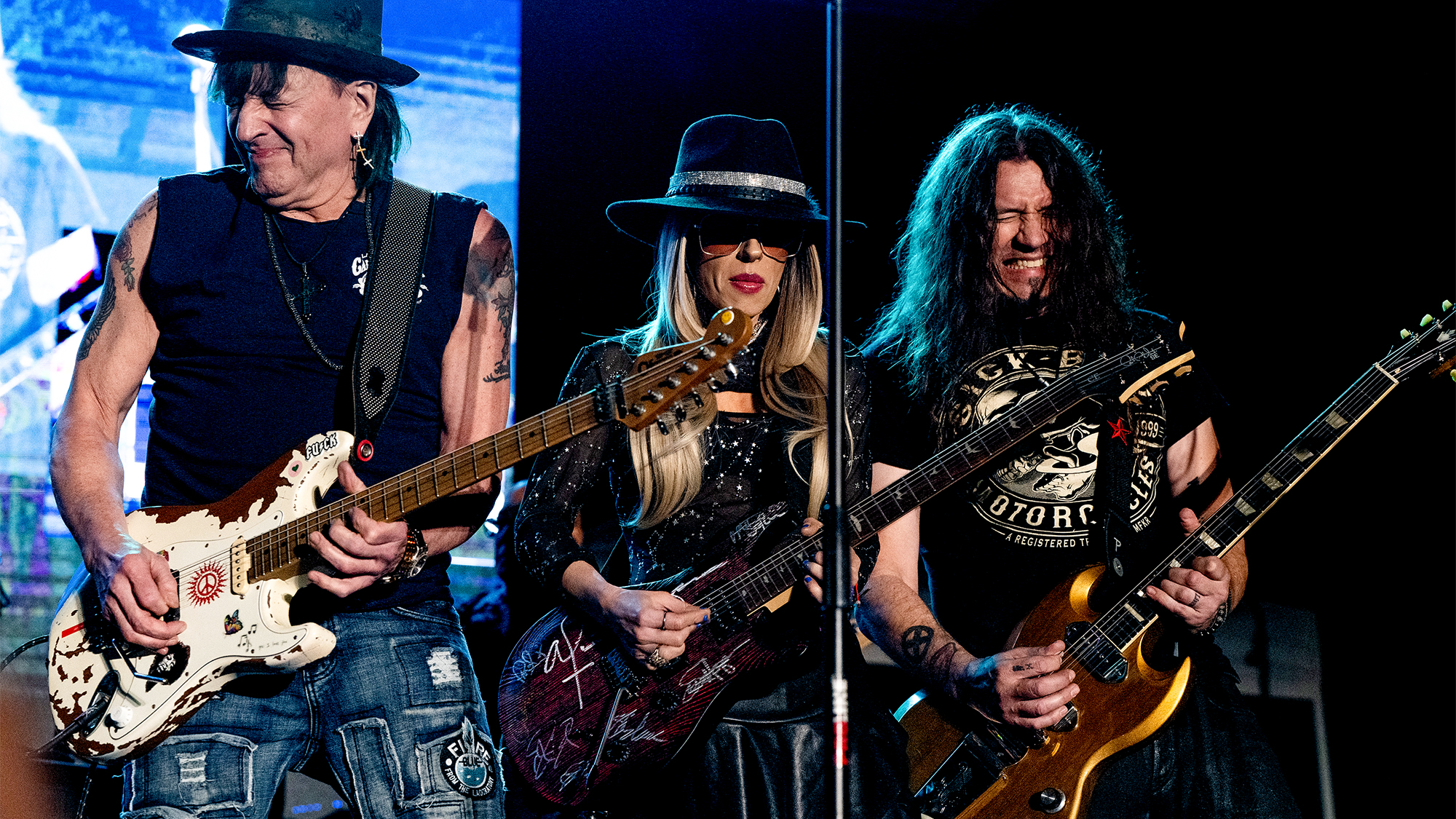“I might have done better in the Bluesbreakers than in the Yardbirds. But I didn't want to be mimicking Chicago blues musicians forever." Jeff Beck said he turned down a spot in John Mayall’s group, only for Jimi Hendrix to nearly derail his career
The coveted role was offered to him on a plate, but Beck was looking for a different kind of musical identity

In the mid '60s, John Mayall's Bluesbreakers was a potent breeding ground for some of Britain's best blues guitarists, with Eric Clapton, Peter Green, and Mick Taylor all cutting their teeth in the band.
Given his reputation, Mayall was always on the lookout for the next sensation when it came to replacing the sizable shoes each of his lead guitarists left behind. As it turns out, Jeff Beck was in Mayall's crosshairs sometime after the guitarist departed from the Yardbirds, whom he played with from 1965 to 1966.
“John called my mum several times,” Beck said in a recently republished interview with Guitar World from 2010. “He found my mum’s number, and she said to me, ‘Oh, that John Mayall sounds very nice!’ [laughs]”
Considering what a spot in Mayall's group could do for a player's career, the offer had to be tantalizing. Beck, however, had his reasons for turning down the bluesman.
“I didn’t want to be playing blues all of the time,” he said. Beck also acknowledged the weight of expectation that would be on whomever took up the role.
“I’d seen Eric with them, and he was fantastic, really. He did the job better than I could have, and I just didn’t want to have that challenge. My musical taste was changing radically from 12-bar blues.
“I might have done better in that band than in the Yardbirds," he added. “But I certainly would not have been given the same kind of free rein to do the experimenting that I did in the Yardbirds.”
All the latest guitar news, interviews, lessons, reviews, deals and more, direct to your inbox!
Mayall had seen Beck strut his stuff in the band, itself a production line for hot-shot blues players, and he didn't mince words when he spoke to Beck afterward.

“He was very straightforward," Beck recalled. "He never embellished or gave us any flowery comments about the gig. He said, ‘The audience loved it, but there was not much blues, was there?’ And I thought, Excuse me, but this isn’t a blues band. It sort of was, but he’s a purist.
“I didn’t want to be mimicking Chicago blues musicians forever. My thinking was, ‘We’re not them, we’re not Black. We’re British middle-class kids and let’s get on and do our own music.’”
I didn’t want to be mimicking Chicago blues musicians forever
—Jeff Beck
It's not clear at which point in the band's revolving door of lead guitarists Mayall pursued Beck. The mention of Clapton, who saw Beck as a rival, suggests it may have been around the time Peter Green talked his way into a spot in the band, or just after his short reign.
Certainly, the period following his departure from the Yardbirds was difficult for Beck. He was caught off guard when Jimi Hendrix arrived in London in late 1966 and began forging a heavy, experimental blues rock that pointed the way forward for rock guitarists.

“For me, the first shockwave was Jimi Hendrix," Beck said. "That was the major thing that shook everybody up over here. Even though we’d all established ourselves as fairly safe in the guitar field, he came along and reset all of the rules in one evening.”
Hendrix, then, nearly derailed Beck's career entirely. Beck was desperate to prove his worth against the run of the current.
“Next thing you know, Eric was moving ahead with Cream, and it was kicking off in big chunks. But me, I was left with nothing,” he says with an air of sadness. “That was the hurtful part because I didn’t have anything to come back at them with.”

Beck previously spoke about this period in his life, telling Guitar Player, “I'd lost my girl, Hendrix had come and smeared everybody across the floor... it wasn't looking too rosy.”
Dusting himself off, he told Guitar World that he “scraped by” with drummer Cozy Powell for 1971’s Rough and Ready and 1972’s Jeff Beck Group albums, and compared his power trio with bass player Tim Bogert and drummer Carmine Appice to “Cream on acid”.
It wasn’t until 1975’s now iconic Blow by Blow album that Beck found the groove that established him as a solo artist and guitar icon in his own right.
A freelance writer with a penchant for music that gets weird, Phil is a regular contributor to Prog, Guitar World, and Total Guitar magazines and is especially keen on shining a light on unknown artists. Outside of the journalism realm, you can find him writing angular riffs in progressive metal band, Prognosis, in which he slings an 8-string Strandberg Boden Original, churning that low string through a variety of tunings. He's also a published author and is currently penning his debut novel which chucks fantasy, mythology and humanity into a great big melting pot.

